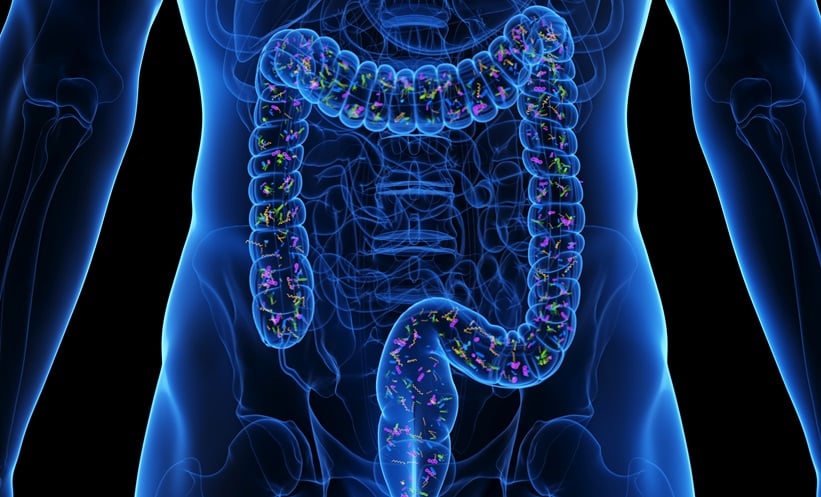A NEW systematic review and network meta-analysis confirms that faecal microbiota transplantation (FMT) is the most effective treatment for Clostridioides difficile infection (CDI), particularly in recurrent cases, reinforcing its role in clinical practice.
Researchers analysed 73 randomised controlled trials published up to August 2024, comparing 28 CDI treatments and preventions in 27,959 adult patients. They conducted a systematic literature search across major databases and applied random-effects meta-analysis using frequentist methods. The primary outcomes assessed were cure rates, recurrence rates, and prevention effectiveness.
FMT demonstrated the highest effectiveness in curing CDI overall and in recurrent infections, significantly outperforming standard antibiotic therapies. Among antibiotics, fidaxomicin was superior to vancomycin in treating recurrent CDI, while ridinilazole, fidaxomicin, and nitazoxanide were equally effective in non-recurrent cases. Ridinilazole and fidaxomicin were also the best options for preventing recurrence.
The analysis found no significant benefit of probiotics in preventing CDI, though subgroup analysis suggested Lactobacillaceae may offer some protection. FMT administered orally or via colonoscopy showed equal efficacy. While heterogeneity existed among studies regarding therapeutic doses, treatment duration, and follow-up times, the findings remained robust.
Given its superiority, FMT should be more widely considered in treating CDI, particularly for recurrent cases. Further research is needed to refine its protocols and assess long-term safety, while the role of probiotics in prevention remains uncertain.
Ada Enesco, EMJ
Reference
Bednárik DS et al. Comparative effectiveness of different therapies for Clostridioides difficile infection in adults: a systematic review and network meta-analysis of randomized controlled trials. Lancet Reg Health Eur. 2025;49:101151.








